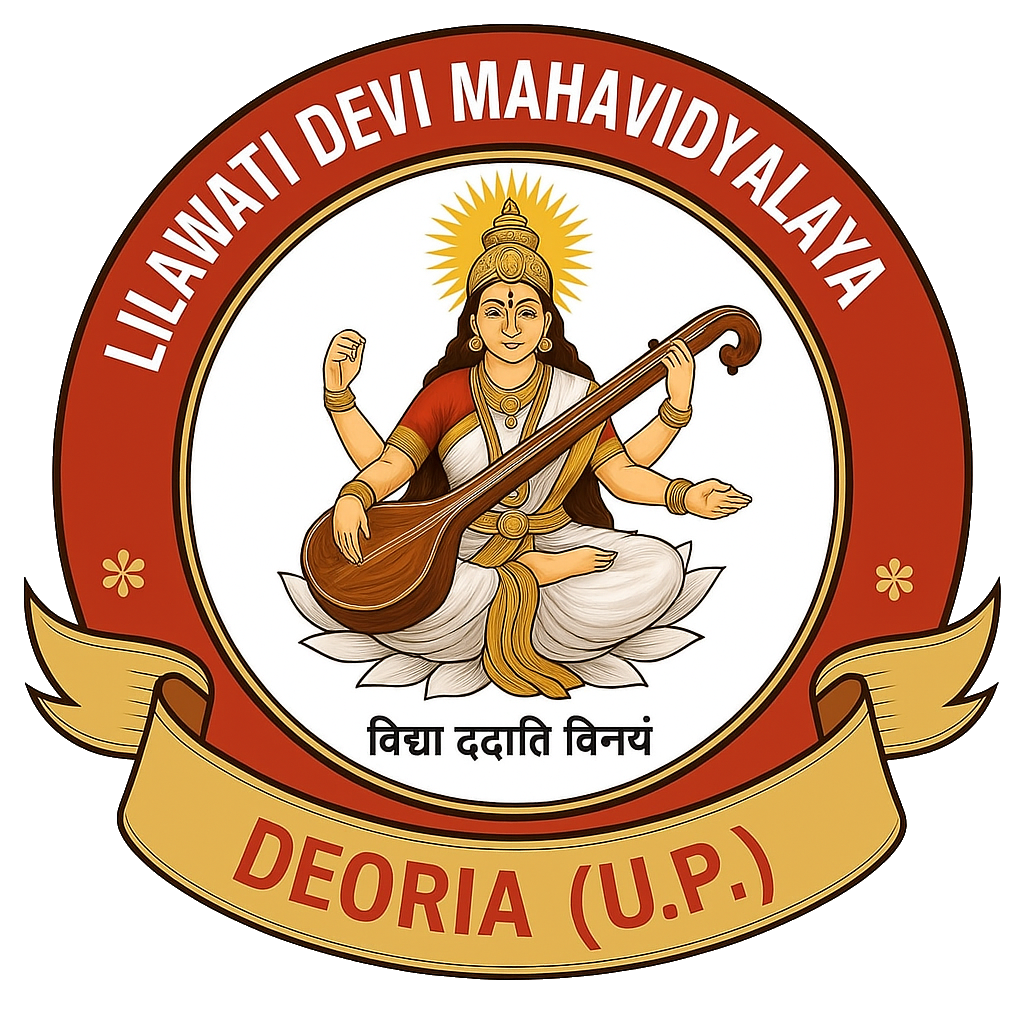Vision
To empower rural youth, especially young women, by providing value-driven, affordable, and inclusive education aimed at holistic development, ethical values, and employability in a dynamic and knowledge-driven society.
Mission
- To deliver quality education in Arts, Science, Commerce, and Teacher Education streams.
- To nurture intellectual curiosity, creativity, and moral responsibility among students.
- To bridge the rural-urban divide through digital learning, skill development, and community engagement.
Strategic Goals (2024–2030)
1. Academic Excellence
- Implement National Education Policy (NEP) 2020 and CBCS curriculum across programs.
- Introduce interdisciplinary learning modules and local language integration.
- Launch skill-based certificate/diploma courses tailored to regional employability.
- Adopt blended learning through LMS platforms and interactive tools.
2. Infrastructure Enhancement
- Upgrade classrooms with ICT-enabled smart boards and projectors.
- Enhance library facilities with e-journals, reference materials, and digital subscriptions.
- Develop modern science laboratories and dedicated B.Ed resource rooms.
- Expand campus facilities ensuring eco-friendly, inclusive, and accessible spaces.
3. Faculty Development
- Encourage faculty to pursue higher qualifications like Ph.D., NET, and SET.
- Organize regular Faculty Development Programs (FDPs) and subject-specific workshops.
- Facilitate academic publishing, conference participation, and collaborative research.
- Promote online learning via SWAYAM, NPTEL, and ARPIT platforms.
4. Student Empowerment
- Establish student councils, women’s cell, NSS, and cultural clubs for leadership and civic engagement.
- Conduct coaching classes for competitive exams and career counseling sessions.
- Ensure scholarships for meritorious and economically weaker students.
- Promote extracurricular activities in sports, arts, and traditional heritage.
5. Community & Industry Engagement
- Launch community outreach programs focused on literacy, health, and environmental awareness.
- Sign MoUs with local enterprises, NGOs, and academic institutions for joint projects.
- Conduct entrepreneurship training camps, self-employment workshops, and skill fairs.
- Organize village-level awareness drives promoting education, hygiene, and women’s rights.
Note: The Institutional Development Plan (IDP) reflects the strategic intent of Lilawati Devi Mahavidyalaya to transform rural education through innovation, inclusion, and institutional growth aligned with national education policies and local needs.



